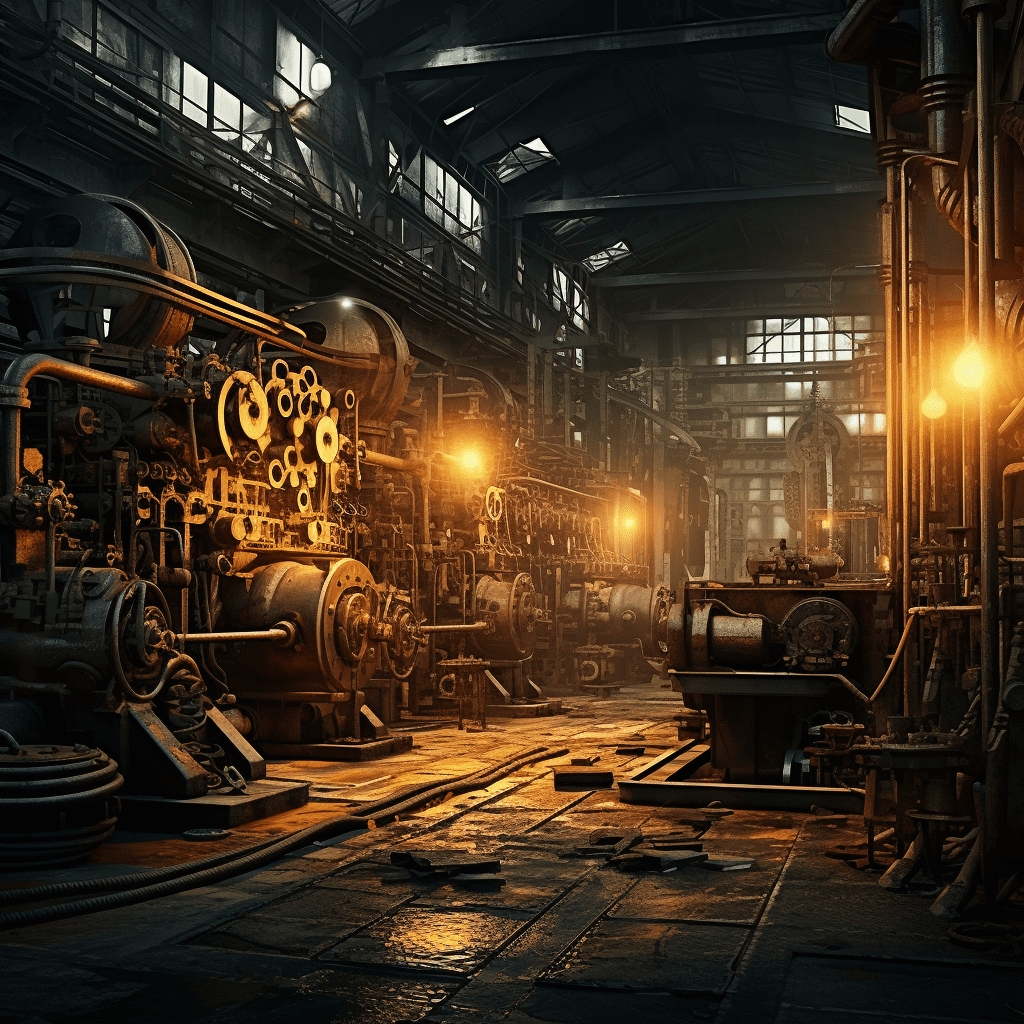Hydraulic Power Unit Manufacturer
Hydraulic Power Unit
What is a Hydraulic Power Unit? A Hydraulic Power Unit is a self-contained system that includes a motor, a hydraulic pump, and a reservoir for hydraulic fluid. It serves as the power source for various types of hydraulic machinery, converting mechanical power into hydraulic energy.
They are the driving force behind many types of machinery and industrial processes. From construction equipment to manufacturing lines, HPUs play a critical role in powering hydraulic systems.



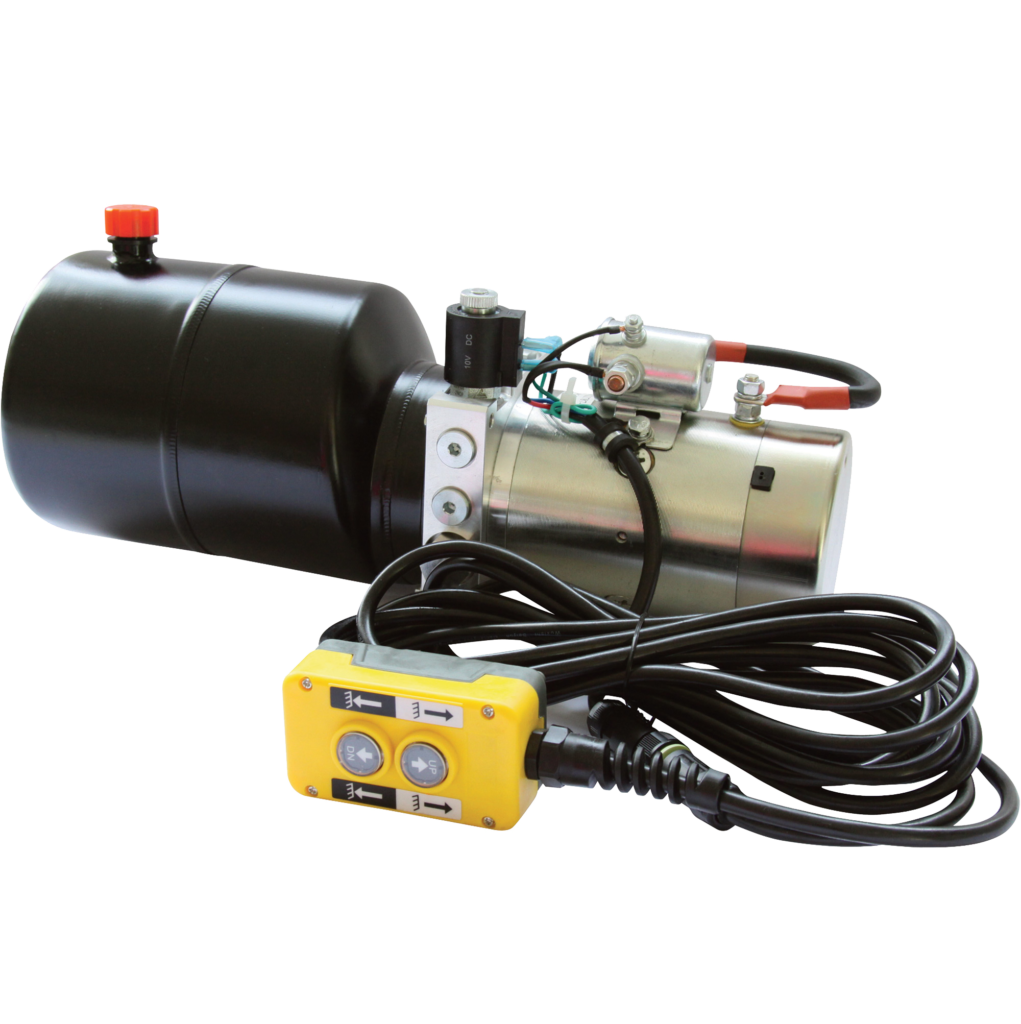
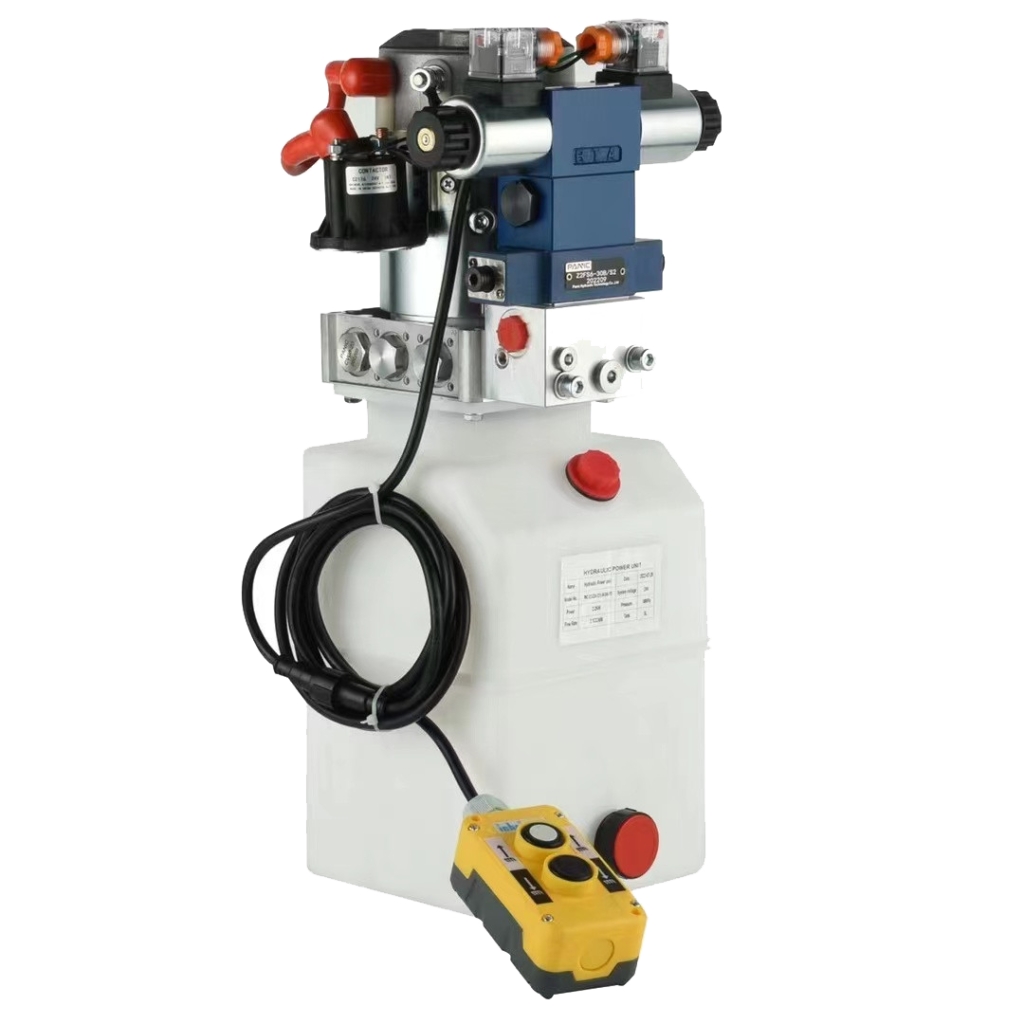
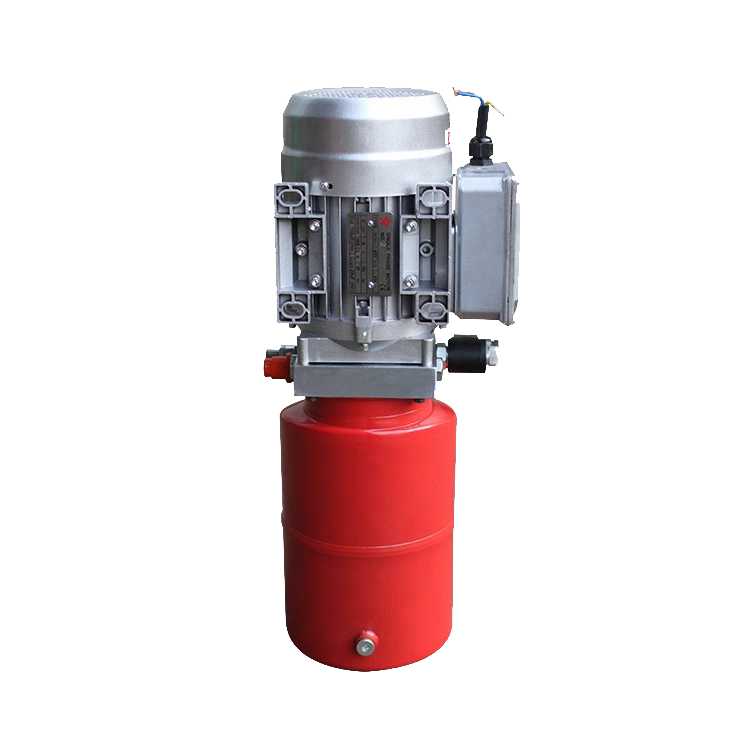
REQUEST A QUOTE FOR MORE DETAILS
All You Need To Know About Hydraulic Power Unit
Looking for a mini hydraulic power pack ? We have all the options that you need, from small and compact models to larger and more robust hydraulique power unit. With competitive prices and fast delivery times, you could find the perfect mini hydraulic power units to meet your needs.
This article discusses popular topics on hydraulic power units, including their applications, mechanisms, buying considerations, as well as the components/parts of valves. With this knowledge, you’ll be better equipped to make informed decisions, whether you’re selecting a propoer unit, performing maintenance, or troubleshooting issues.


Advantages of Hydraulic Power Unit
Compact Design
HPUs offer a high amount of power output while occupying relatively little space.
Versatility
Their compact nature makes them ideal for both mobile and stationary applications.
Variable Speed Drives
Modern HPUs often come equipped with variable speed drives that adjust motor speed based on load, saving energy.
Customization
HPUs can be tailored to meet specific operational requirements, from flow rates to pressure settings.
Modular Design
Some units are designed to be easily expanded, allowing for increased capacity as your needs grow.
Robust Construction
Made with high-quality materials, HPUs are built to withstand tough operating conditions.
Multi-Industry Use
From manufacturing and construction to marine and aerospace, HPUs are versatile enough for a wide range of applications.
Accessibility
Modern designs often feature components that are easily accessible for quick replacement or repair.
Longevity
With proper maintenance, these units can have a long operational life, offering good return on investment.
What Are Hydraulic Power Units Used For?
Hydraulic Power Units (HPUs) are versatile systems that serve as the primary source of power for various hydraulic applications. Their flexibility and adaptability make them valuable across multiple industries, aligning well with the diverse needs of business owners

Hydraulic Power Unit Parts
Understanding the various components of a Hydraulic Power Unit (HPU) can provide valuable insights into its operation, maintenance, and potential for customization. Here’s a detailed overview of the key parts that make up an HPU:
Electric Motor
Provide power to the unit, including DC type and AC type motor.
Hydraulic Pump
For some small units with lower pressure, usually will be installed with gear pump. Certainly, when it comes to the application which need higher flow rate and pressure, vane pump or plunger pump will be adopted.
Solenoid Valve
The primary function of a Solenoid Valve is to control the flow of a fluid (either liquid or gas) through a system. It does this by opening, closing, or partially obstructing various passageways, typically in response to an electric signal.
Reservoir
The container that holds the hydraulic fluid. Material could be plastic or steel. It will be choosen according to clients’ application and requests. Shape could be round one or square one.
Pressure Relief Valve
The primary function of a Pressure Relief Valve is to control or limit the pressure in a hydraulic system by allowing excess hydraulic fluid to bypass the main system and flow back to the reservoir or another designated pathway.
Remote Control
Used to control the power unit in a certain distance, which is convenient and safe for the operators.
How Does Hydraulic Power Unit Work?
Here’s a deep dive into how a Hydraulic Power Unit operates:
First, When the system is turned on, the electric motor (or internal combustion engine) activates. Second, the activated motor drives the hydraulic pump. Third, as the pump operates, it draws hydraulic fluid from the reservoir. Fourth, the pump pressurizes the hydraulic fluid, creating potential energy that can be converted into mechanical work at the actuators (like hydraulic cylinders or motors). Fifth, Control valves direct the high-pressure hydraulic fluid to the actuators. Last, the high-pressure fluid flows into the actuators (cylinders, motors, etc.), where the hydraulic energy is converted back into mechanical energy. This energy is then used to perform the work—be it lifting, rotating, pressing, or any other mechanical task.
Considerations When Buying Hydraulic Power Units
When purchasing Hydraulic Power Units (HPUs), multiple factors come into play. Here are some considerations to keep in mind:
#1 Quality and Reliability
Material Quality: Look for units made with high-grade materials that can withstand wear and tear.
Certifications: Ensure the HPU has all the necessary certifications, such as ISO or CE, to meet quality and safety standards.

#2 Technical Specifications
Pressure Rating: Choose an HPU that matches the pressure requirements of your hydraulic system.
Flow Rate: The pump’s flow rate should meet the system’s requirements for optimum performance.
Type of Pump: Gear, vane, or piston pumps offer different benefits and drawbacks; choose one that suits your application.
Type of Motor: Depending on the application, you may require an electric motor, diesel engine, or gas engine.
#3 Cost
Initial Investment: While quality is essential, try to find an HPU that offers the best balance between quality and cost.
#4 Vendor Considerations
Reputation: Look for well-known suppliers who have a track record of reliability.
Technical Expertise: Vendors should offer technical support and guidance, which is particularly important for you.
Payment Methods: Diverse payment options can make the transaction smoother.
#5 Logistics
Delivery Time: Ensure the vendor can meet your project timelines.
Shipping Costs: Factor in the cost of shipping, especially for international purchases.
#6 After-Sales Service
Warranty: Always opt for units with a comprehensive warranty.
Customer Support:24/7 customer support can be crucial for businesses that cannot afford downtime.
#7 Additional Points
Customization: Since you are in a niche industry, customized solutions may be necessary.
Compatibility: Make sure the HPU is compatible with the hydraulic components or machinery it will be powering.
#8 Inspection and Trials
On-Site Inspection: Where possible, conduct an on-site inspection of the HPU.
Performance Trials: Run the HPU to ensure it meets all operational requirements before finalizing the purchase.
Customer Application

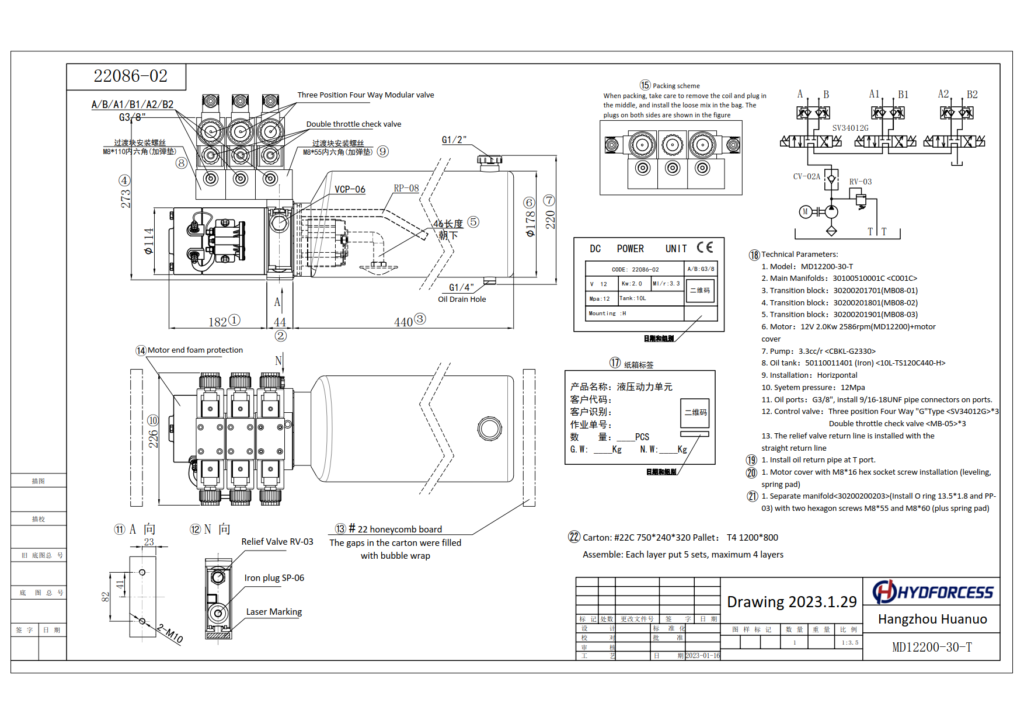


Request A Free Quote
We'd like to work with you
Send us a message if you have any questions or request a quote. Our experts will give you a reply within 24 hours and help you select the right component you want.
Mobile: +86-18006712375
Mail: eric@huanuohyd.com








